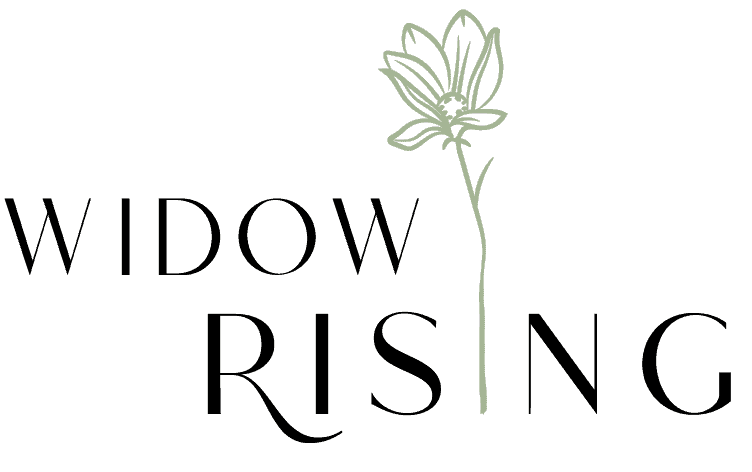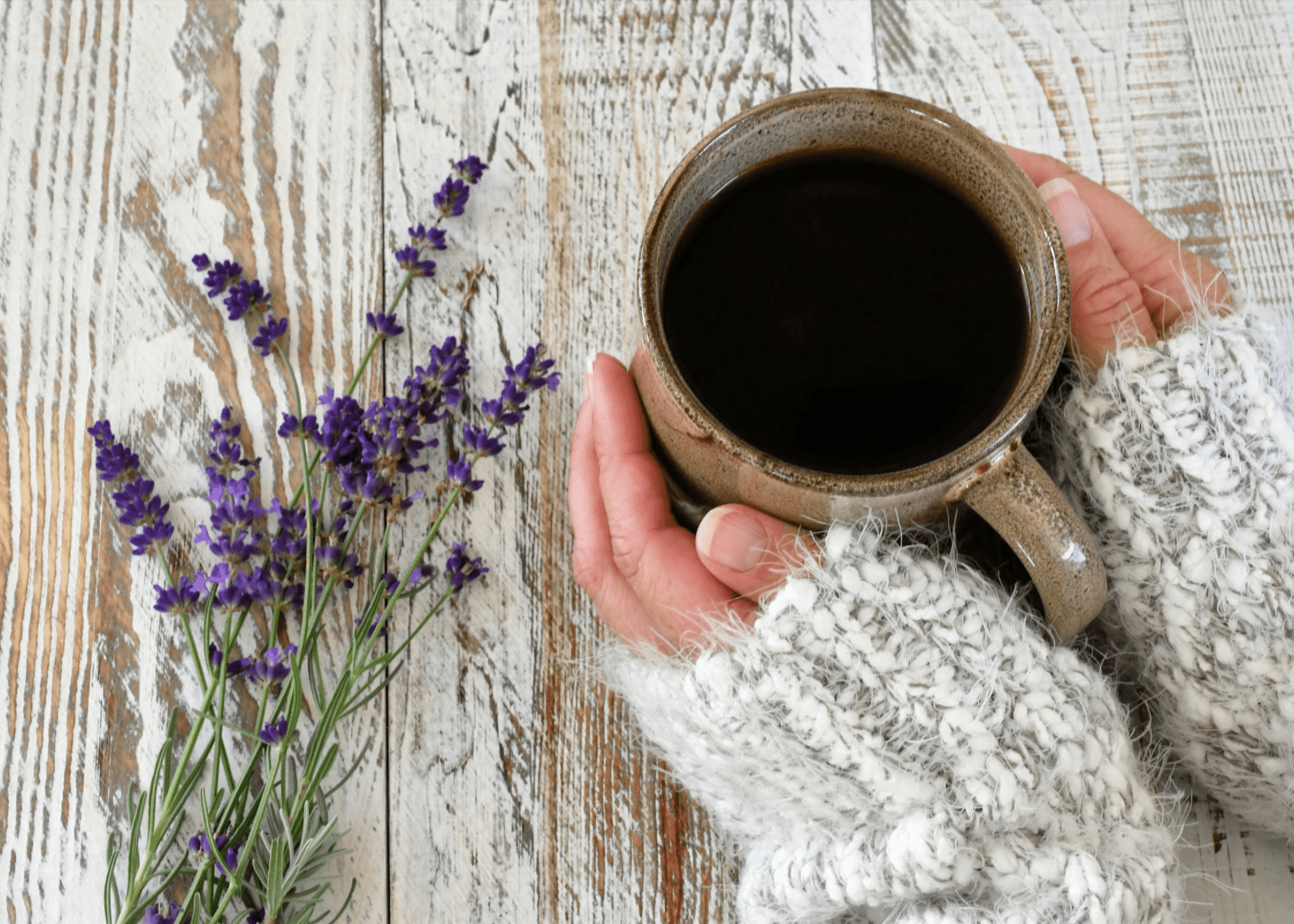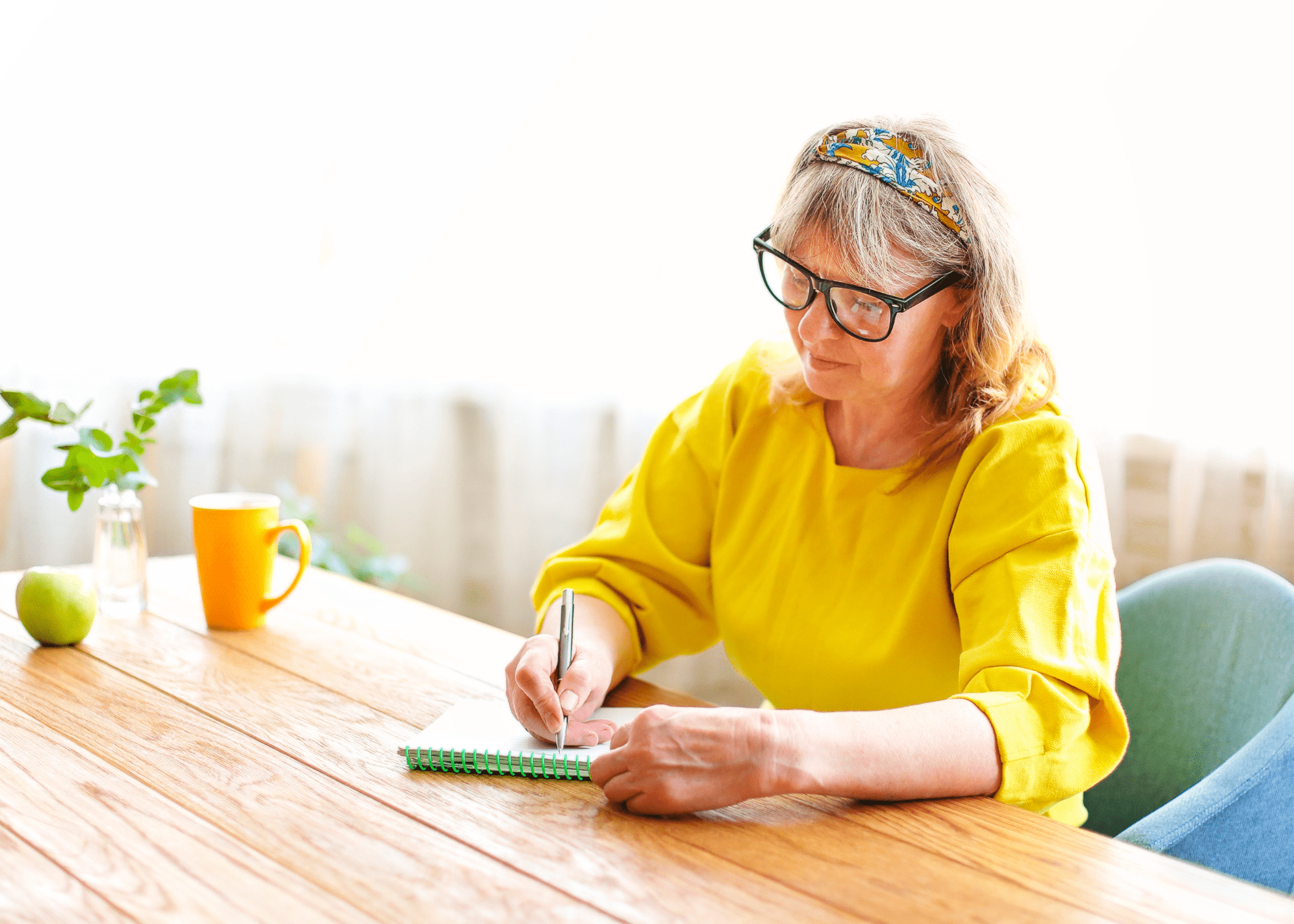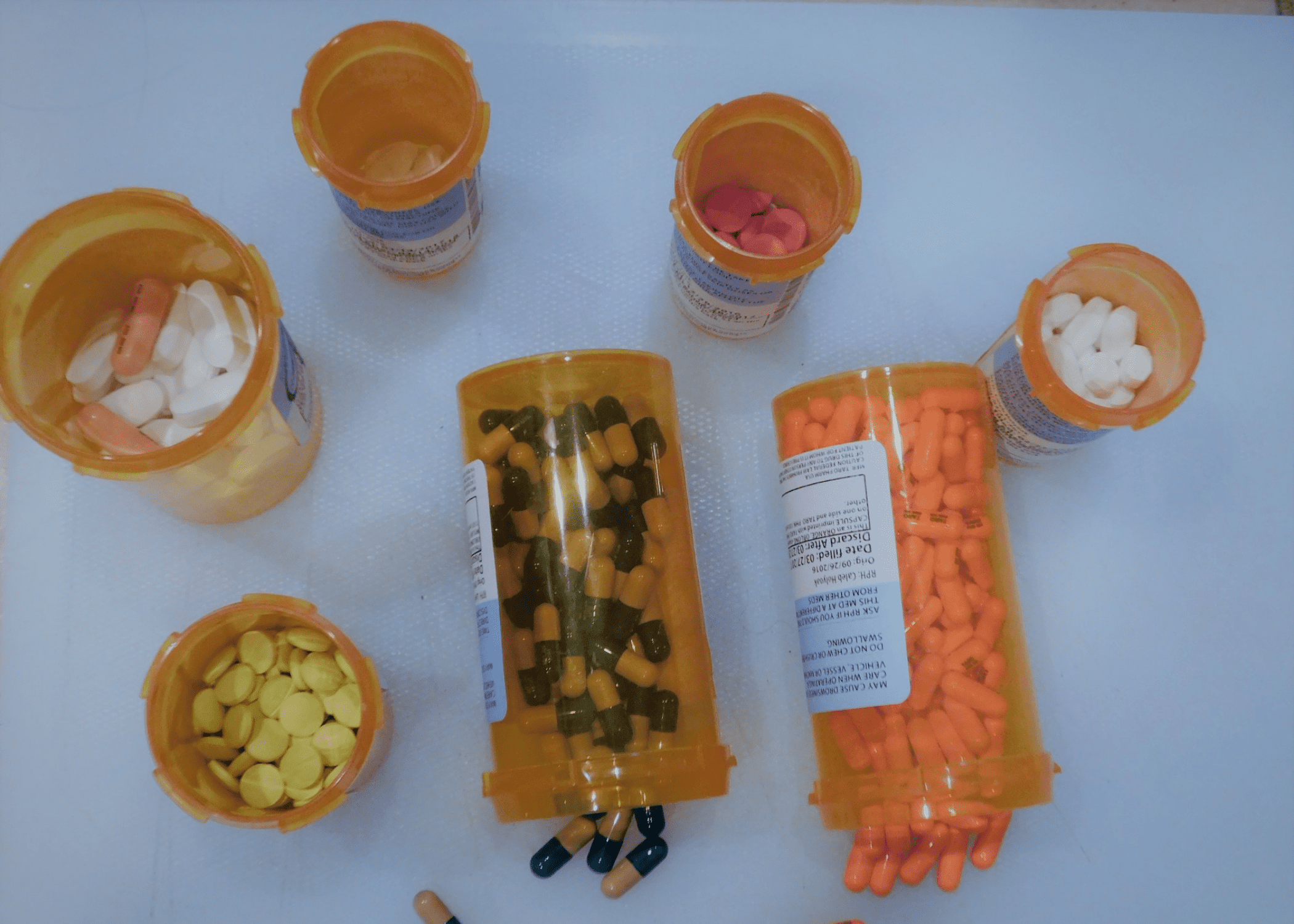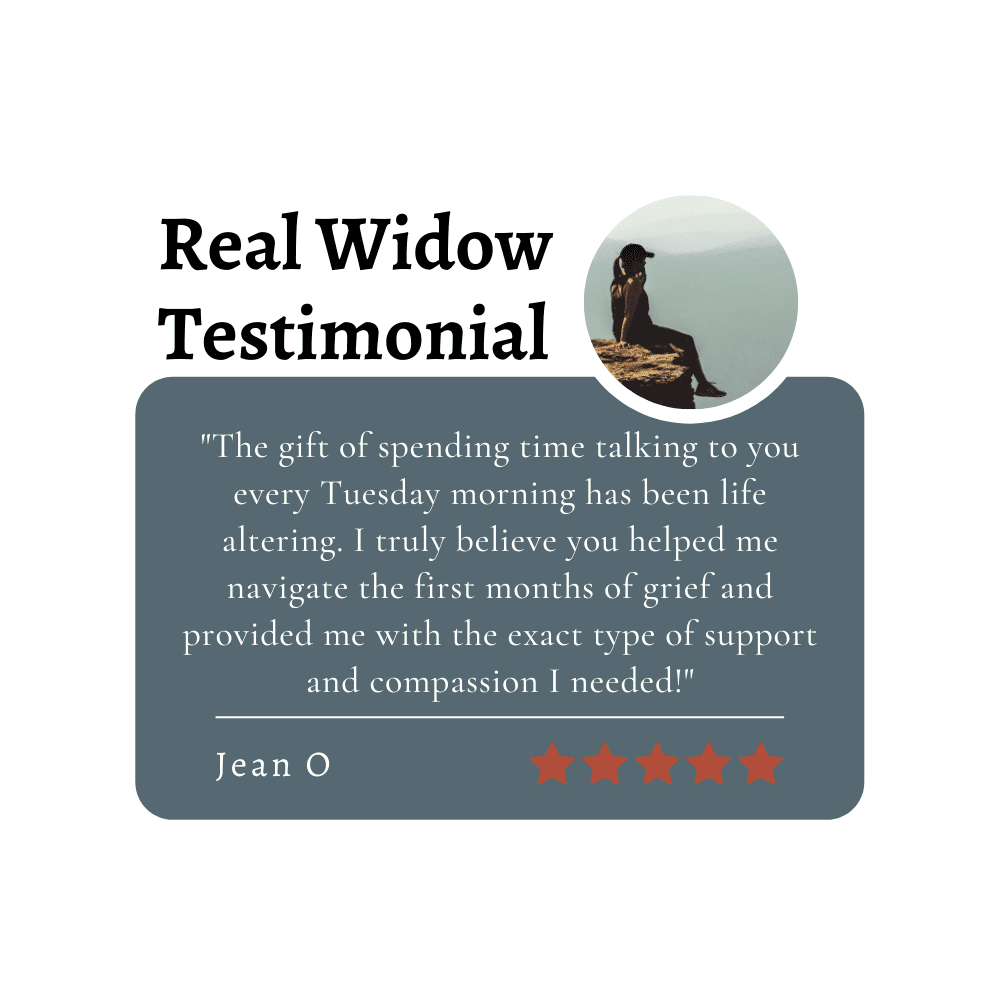Program Modules
Sleep
Poor sleep is a common complaint for the widowed, a primary reason why they seek medical attention, and is associated with poor health outcomes. There are plenty of reasons for disrupted sleep and we evaluate your sleep hygiene to see if some small changes can translate into more restorative sleep.
Movement
Desire to keep an exercise regimen in place can be lost following widowhood and can pretty quickly result in deconditioning.The widowhood effect puts the newly widowed at an increased risk for illness or death, underscoring the importance of maintaining a regular practice. We spend some time reviewing exercise standards and the many benefits derived from regular aerobic, strengthening and balance work and then together find what kind of movement brings you joy.
Health Screenings
For a variety of reasons, some widows and widowers are slow to return to preventative health care. Perhaps they have just lost a spouse to a protracted illness and want to put some distance between themselves and healthcare providers. My role is to provide the objective “best practices” and determine where the gaps are.
Task Reassignment
That is, managing those chores that your spouse may have tended to in what many marriages describe as the ‘division of labor. As I explain to the widowed that I work with, with a little planning we can create a short list of items that they can either manage or task another to complete to prevent any major problems, repairs or disruptions to life.
Journaling
Establishing a regular journaling practice can; reduce stress, improve immune function, keep memory sharp, boost mood & strengthen emotional function. Some choose to use journaling as a way to “speak” to their loved one, others use it to capture memories and stories around their loved one while others simply use it as a place to record feelings of gratitude. It has been said that finding things to be grateful for and feeling optimism may allow you to better manage stress and make coping in the wake of a loss a little easier.
Managing Belongings
Everyone has their own timeline for donating, gifting, repurposing and/or disposing their loved ones belongings.
There is no right or wrong. I have resources that support a wide range of activities ranging from responsible disposal of prescription medications to creative gifts fashioned out of a loved one’s clothing.
Easing the Transition
I have gifted to every widow I know a magnet that simply states “Widow Pass”, it is a get out of anything for 1-2 years card. Social re-emergence is tough on so many levels. Not only have you lost your spouse…your person, but you are suffering from secondary losses; traditions, friends and family that disappear, shared dreams, future plans, loss of identity, loss of couple friends and the list goes on. We work together to determine how you can reimagine some of this from new holiday traditions to coming to peace with the deserters.
Future Planning
Moving forward after loss can be an impossible task for some. It has been said that some who are widowed are ‘living in the same day they lost their spouse’, they are incapable or unwilling to see what is next. What can be a real eye opener is a brief exercise that roughly estimates how many years you may have left and then compares that to the time you had with your spouse. Try it-while this formula is not true for all, there is some power in looking at what time may remain and then consider how those years can be both purpose driven and peacefully enjoyed.
Widow Resources
When trying to navigate a new normal it is helpful to have some resources to reference and to feel understood. Some widows look for book recommendations, others Facebook groups and there are those who really benefit from podcasts. I say it time and time again nothing compares to that widow to widow engagement and the shared experience. “Is this normal?” is a common question I receive and there is plenty of evidence embedded in these resources to add reassurance that the grief experience is widely variable and your unique experience is entirely normal.
Self Care
Simply defined, self care are the activities we do to nourish our mind, body & spirit (mental, physical & spiritual health.) It is widely reported that women with kids under 18 practice self care <50% of the time. If we don’t take this time, we become depleted-this is not self-indulgence, this is self-preservation. Energy is a finite resource and it needs to be replenished
The widowed are arguably most in need of guidance with self care practices, especially early on. I always share four foundational practices with my widows which they can make a daily ritual that can be built upon.
Nutrition
For many widowed, the hardest part is mealtime. The average person eats over 1000 meals a year, so for the widowed potentially married for decades and sharing at least one meal a day with their spouse, that could amount to over 10 thousand meals; meals planned, shopped for, prepared, and enjoyed together. It goes beyond the meal; it is the gathering and sharing part. While not an issue unique to the widowed, many newly widowed struggle with overeating, undereating or not sourcing healthy food. Learning how to shop, cook, prepare and ENJOY eating solo can be a significant challenge. This is a huge topic and we start with basics and dive deeper if the client desires to do so.
Financial Matters
Unfortunately while fully immersed in grief, there are financial considerations that must be attended to that range from meeting with social security, reviewing investments, re-assigning beneficiaries, updating estate planning and so much more. Remaining vigilant for identity theft and scams targeting the widowed further tax many widows and widowers. Together we work through a checklist to see what is pending and we prioritize to-do’s as some are more time-sensitive than others.
